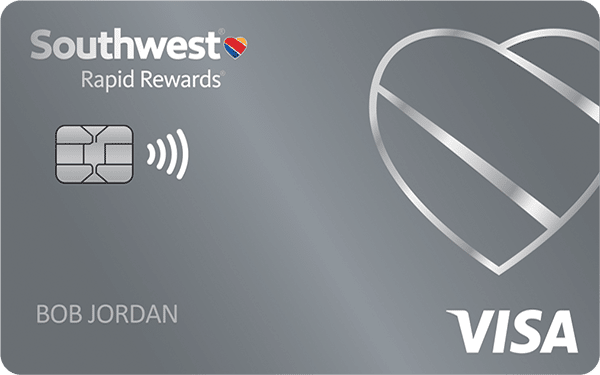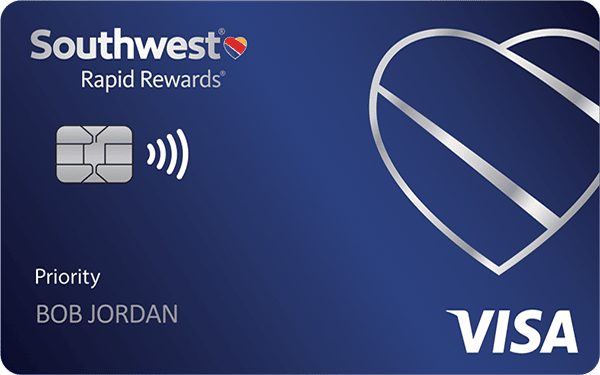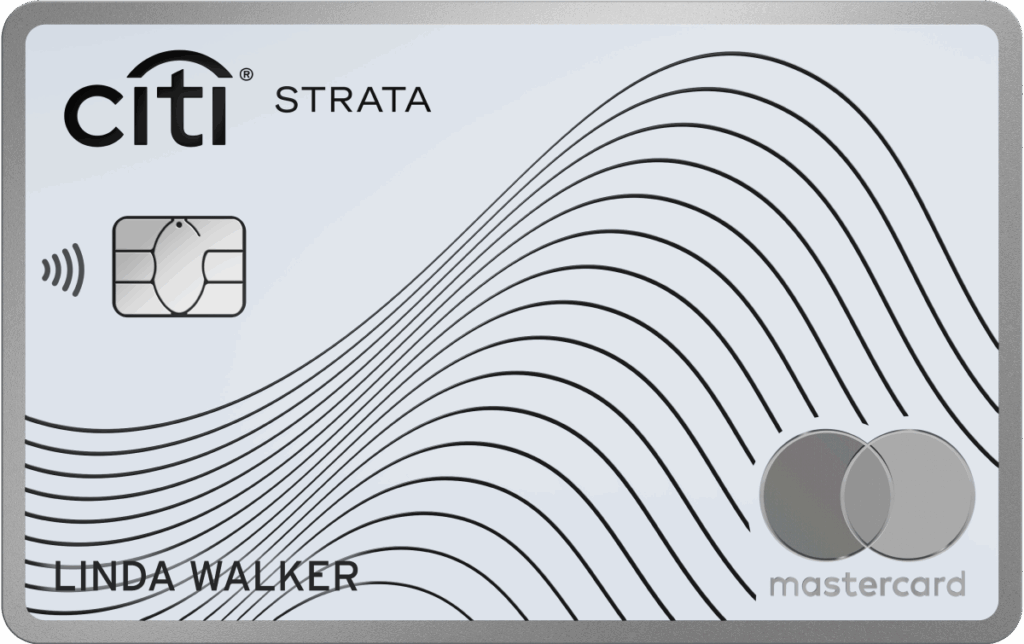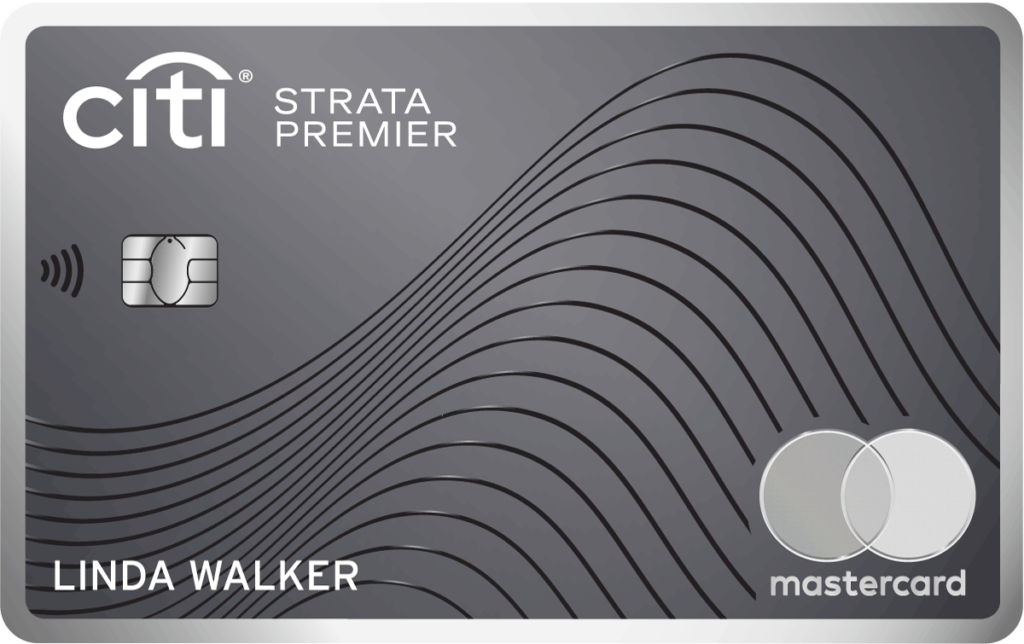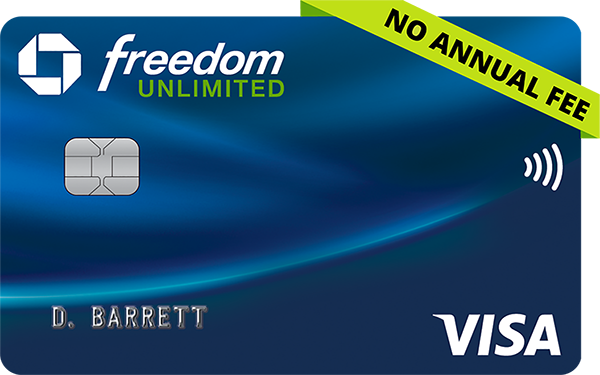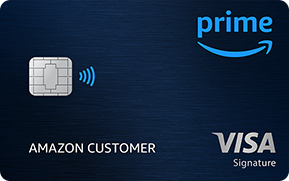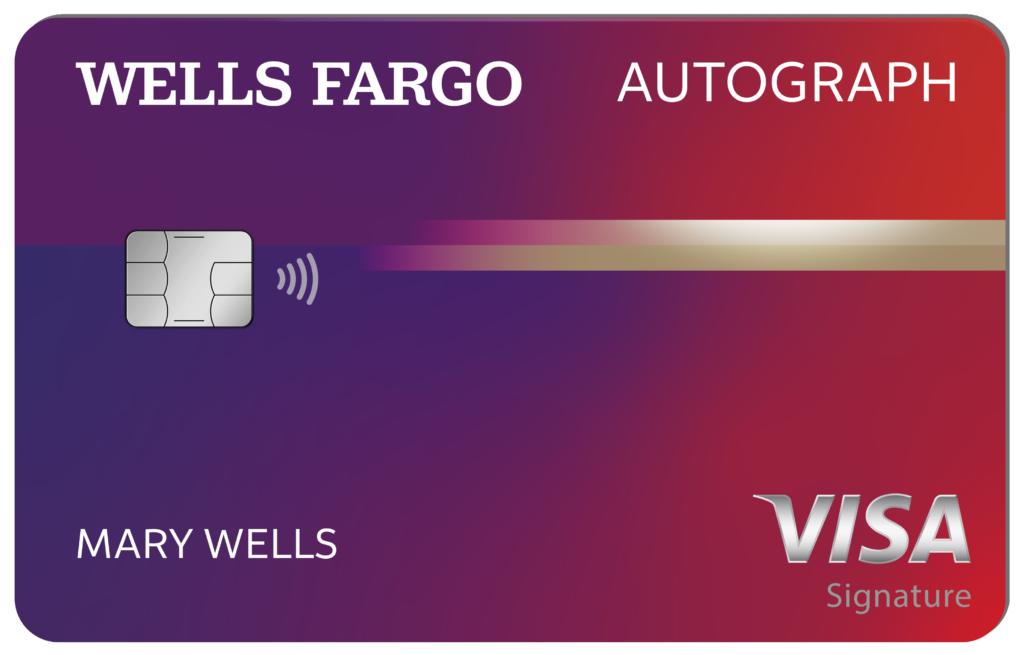What Is a Rewards Credit Card?
A rewards credit card gives users incentives when they make qualifying purchases. You can typically earn points, miles or cash back on certain purchases, and some cards reward you more for spending in specific categories, like groceries, dining or travel. The rewards you can earn vary by card issuer, so it’s a good idea to shop around for one that matches your spending habits.
Many rewards credit cards also offer a special sign-up bonus offer when users are approved for the card and then reach a stated spending limit.
How Do Credit Card Rewards Work?
Credit card rewards are earned when you make specific purchases in accordance with the card issuer’s rewards program. For example, you could earn cash back, statement credits, miles or points on various purchases, like 5% on groceries or 2% back on streaming services.
Rewards redemption methods depend on the card, but here are some common ways:
- Cash back
- Statement credit
- Gift cards
- Merchandise
- Travel discounts
Types of Credit Card Rewards
Here are the types of rewards you might earn with a rewards credit card:
- Miles: This is a specific reward you can use toward reducing airfare expenses, and it’s common to find on rewards cards, especially those aimed at travelers.
- Points: Credit card points can be complicated, but basically you earn a certain number of points on purchases, which can then be redeemed toward things like cash back, travel, merchandise, gift cards or other incentives determined by the card issuer.
- Cash back: This is a common reward where you earn a percent back on your purchases (whether all spending or specific categories). The rewards earned can be redeemed as cash to your bank account or a statement credit toward your bill.
- Statement credit: Once you’ve earned enough rewards with your card (often $25 but it varies by card), you can get a statement credit applied to your credit card bill, reducing what you owe.
- Loyalty programs: Some cards offer appealing rewards for certain brands (like a specific airline) or hotel loyalty programs through which you’ll likely get higher value for your points or miles.
How to Choose the Right Rewards Credit Card
To choose the right rewards card for you, evaluate your spending habits and budget and then look for a card that offers rewards to match.
Here’s how to choose the right rewards card for you:
- Review your spending habits: Figure out what categories you spend the most in. For example groceries, gas, entertainment, travel and dining are common rewards card categories.
- Estimate your budget: You can take it a step further by figuring out how much you plan to spend on your new card. This will help you estimate how much you could earn in rewards, and it will also help you ensure card perks outweigh any expenses (like an annual fee).
- Assess your time commitment: Cards with flat rate rewards tend to be easier to manage but you might earn more rewards on cards with rotating categories. But time is valuable too, so consider how much you want to put toward juggling multiple cards or categories.
There are a lot of rewards credit cards to choose from, but knowing the answers will help you figure out which card will best benefit your lifestyle.
Pros and Cons of Rewards Credit Cards
Pros
- Can usually earn rewards on all purchases
- Can earn higher rewards in categories relevant to you
- Many have flexible redemption options
Cons
- May be tempted to overspend to earn rewards
- Could have an annual fee
- Some rewards could expire or lose value
Pros of rewards credit cards:
- Can usually earn rewards on all purchases: The nice thing about rewards cards is you’ll typically earn some amount of rewards on all purchases, even if it’s just 1% back.
- Can earn higher rewards in categories relevant to you: Even better, you can find a card that’s tailored toward your spending habits to earn higher rates in areas you spend the most.
- Many have flexible redemption options: A lot of rewards cards make it easy to redeem your rewards in a variety of ways, including cash back, statement credits and travel discounts.
Cons of rewards credit cards:
- May be tempted to overspend to earn rewards: The appeal of earning rewards can tempt some people to make purchases they wouldn’t otherwise (or ones they can’t afford) just to get rewards, which typically outweighs the benefits.
- Could have an annual fee: Some rewards cards don’t have an annual fee, but frequently the ones with the highest rewards potential do, so you’ll want to weigh that cost against any potential benefits before jumping in.
- Some rewards could expire or lose value: You can find a lot of cards these days with rewards that don’t expire as long as you’re actively using your card, but you’ll want to read the fine print because expiration is possible with some programs. The value of points can also change over time, which can be complicated to figure out and you might end up redeeming them at a lower value than planned.
Tips to Maximize Your Rewards Credit Card
Here are some tips to maximize your rewards credit card:
- Align purchases with rewards: If you earn a high rewards rate for groceries on one card, for example, put all your food shopping on that card. If you’re trying to earn enough miles for a free flight, be sure to use a card that earns you a lot of miles.
- Have more than one card: To the point above, having multiple rewards cards can help you be extra savvy about which you use for various spending categories to maximize your return.
- Pair cards to maximize earning potential: Sometimes it pays off to have two cards from the same issuer if they offer different rewards. Read up on various card issuers’ redemption portals to see if you can manage a higher rewards rate by using multiple cards and pooling points or transferring them in the most advantageous way.
- Put spending on autopilot: Take stock of your monthly bills for things like your phone and streaming services. Automate bill pay where possible to rack up rewards without lifting a finger.
Is a Rewards Credit Card Worth It?
A rewards credit card is worth it if you have one that matches your regular spending habits. For example, if you can earn a high rate on all your grocery shopping and you love cooking at home, your rewards card is probably very worthwhile.
But if you find yourself buying things you wouldn’t normally just to earn rewards, your credit card probably isn’t worth using. Say your rewards card earns the most on travel but you rarely take trips. In that case, you might be better off with a more general cash-back credit card or a rewards card that matches your preferred spending.
Methodology
We chose our best rewards credit cards based on the total value they offer to cardholders through ongoing rewards, sign-up bonuses, 0% APR promotions and other perks. We also broke the cards down into clear categories that highlight features that credit card users are typically interested in — for example, premium travel vs. general travel, flat rewards vs. tiered rewards, and so on.
While some cards charge annual fees, we only picked ones that make it easy to make up for them with the value they provide. Before you apply, though, take some time to compare these cards with other top credit card offers to make sure you get the best fit for you.
Best Rewards Credit Cards FAQ
-
A rewards credit card is one that gives users incentives when they make qualifying purchases. Rewards vary by card issuer and a card user’s spending habits. Some cards reward you more for spending in specific categories. Many rewards credit cards come with a special sign-up bonus offer after users hit the stated spending limit.
-
Credit card rewards are earned when you make specific purchases in accordance with the card issuer’s rewards program. For example, you could earn cash back, statement credits, miles or points on various purchases, like 5% on groceries or 2% back on streaming services.
Rewards redemption methods depend on the card, but here are some common ways:
-Cash back
-Statement credit
-Gift cards
-Merchandise
-Travel discounts -
Many rewards credit cards offer special rewards bonuses on specific types of purchases. These vary by card, so it is smart to look for one that will reward you the most for your spending habits. Cash-back cards offer rewards in three different ways: flat rate on all purchases, tiered categories and rotating categories.
-
It depends on the card’s rewards structure, but it’s often a better deal to redeem rewards for points rather than cash because points are frequently valued higher. But if you have no use for points or don’t want to deal with figuring out how to maximize them, cash might be better for you, even if it means less value in the long run.
-
It’s often a good idea to use credit card rewards sooner rather than later. Points can lose value or expire in some cases, as card issuers can change the rewards structure whenever they want.
Many people use rewards when they’ve earned enough to apply a statement credit to their credit card bill. Frequent travelers who are savvy with maximizing rewards often save up enough rewards to get free or discounted flights or hotel stays.
Note that some cards require you to wait until you have a certain amount, like $25, before you can redeem rewards.
-
In many cases, you don’t lose your credit card rewards points if you don’t use them—as long as you’re still using your card from time to time. Check with your credit card company though, because some rewards points do expire, and typical time frames in those cases are 12 or 18 months, but it depends on the issuer.
If you are inactive long enough with a card, or close it, you will typically lose your points.
-
Flat-rate cards have a set rate, usually 1% or 1.5%. You earn this flat-rate on virtually all of your purchases, from groceries to gas to airline tickets. This type of credit card earning simplifies the process, but it also leaves a lot of rewards on the table when compared to other cards.
-
Tiered rewards cards offer both a flat-rate spending rate of 1% or 1.5% on some categories and a higher reward rate for select categories, such as 2% back on dining or 4% back on gas purchases. These cards are extremely beneficial for maximizing certain areas of your spending. One downside with these cards is that if you apply for a card that offers higher cash back in a category you don’t spend a lot of money in, such as travel, you aren’t going to see a huge difference over a flat-rate reward card.
-
Rotating credit cards offer rotating bonus percentage on specific categories during specific times of the year. These cards usually come with a standard 1% rewards rate and a 5% reward rate on the quarter’s special category. This could look like 5% back on gas January through March and then 5% back on groceries April through June. These rewards are also capped at a certain purchase amount, such as $1,500.
-
The terms “bonus categories” and “spending categories” are often used interchangeably. But with cash rewards cards, bonus categories refer to any spending category that offers a cardholder accelerated earnings. While some card issuers offer permanent bonus categories, other rewards credit cards feature rotating bonus categories that often change every quarter. As an example, the Spark Miles earns 5 miles per dollar on hotels and rentals cars booked through Capital One Travel and unlimited 2 miles per dollar on all other purchases.
-
Bonus rewards are typically set by the issuer, though some cards allow users to select between two or three bonus category choices. Rewards credit cards that are branded under a specific airline or hotel chain typically give the most bonus rewards for purchases made through them. Additionally, many credit cards offer promotional bonus offers for spending at a specific retailer.
-
A statement credit is money paid to your account by your card issuer. It essentially works the same as a cash payment to your account. Some rewards card issuers like American Express often offer statement credits as a payout for cash rewards or other point redemption. Statement credit can be used to pay down your card balance or they can remain on your statement as a positive account balance for future purchases.
